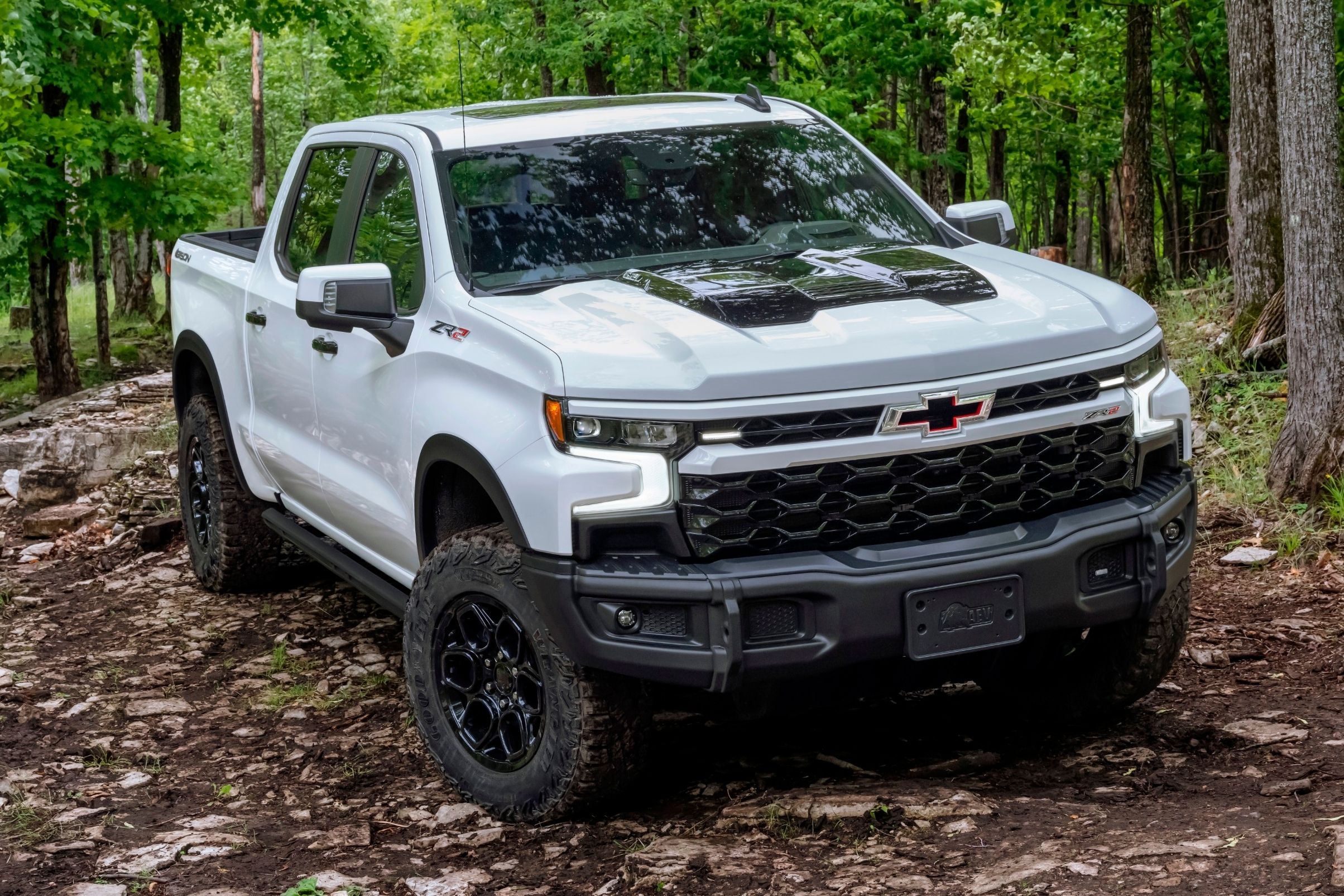
General Motors has fought bravely for nearly a year now to keep production running as normally as possible for its popular and profitable full-size pickup trucks, the Chevrolet Silverado 1500 and GMC Sierra 1500. That fight has just been partially lost. The Detroit Free Press has confirmed, via a memo sent to factory union members that GM has verified is accurate, that numerous "production adjustments" will begin to take place at three major North American production facilities this coming Monday, July 26.
The Flint Assembly, home to the Heavy Duty trucks, will drop to just one shift per week until no earlier than August 2. The Fort Wayne Assembly, where the light-duty Silverado and Sierras are made, will be closed for at least all of next week and also isn't scheduled to fully come back online until August 2.
Lastly, Mexico's Silao Assembly plant that also builds those light-duty trucks will have the same reduced schedule as Fort Wayne. It's far from an ideal situation but it is what it is.
"These most recent scheduling adjustments are being driven by temporary parts shortages caused by semiconductor supply constraints from international markets experiencing Covid-19-related restrictions," said a GM spokesman. "We expect it to be a near-term issue."
Unfortunately, this is not the first time GM has had to severely reduce production for popular models. Barely a week ago, GM confirmed plans to idle four other North American plants that build its midsize SUVs for two weeks.
Another plant in Ontario, home of the Chevy Equinox, is offline until August 16 instead of the originally planned July 26 start date. As the semiconductor chip shortage crisis continues, automakers like GM and Ford have been implementing an unusual strategy called build-shy, meaning they build vehicles minus the chips and the associated systems that require them, such as fuel management and automatic start/stop.
In some cases, these vehicles can still be sold and incentives are offered to buyers as compensation. Unfortunately, this is not always possible and automakers have had to park tens of thousands of vehicles in massive lots throughout the company. All they need are for chips to be installed.
